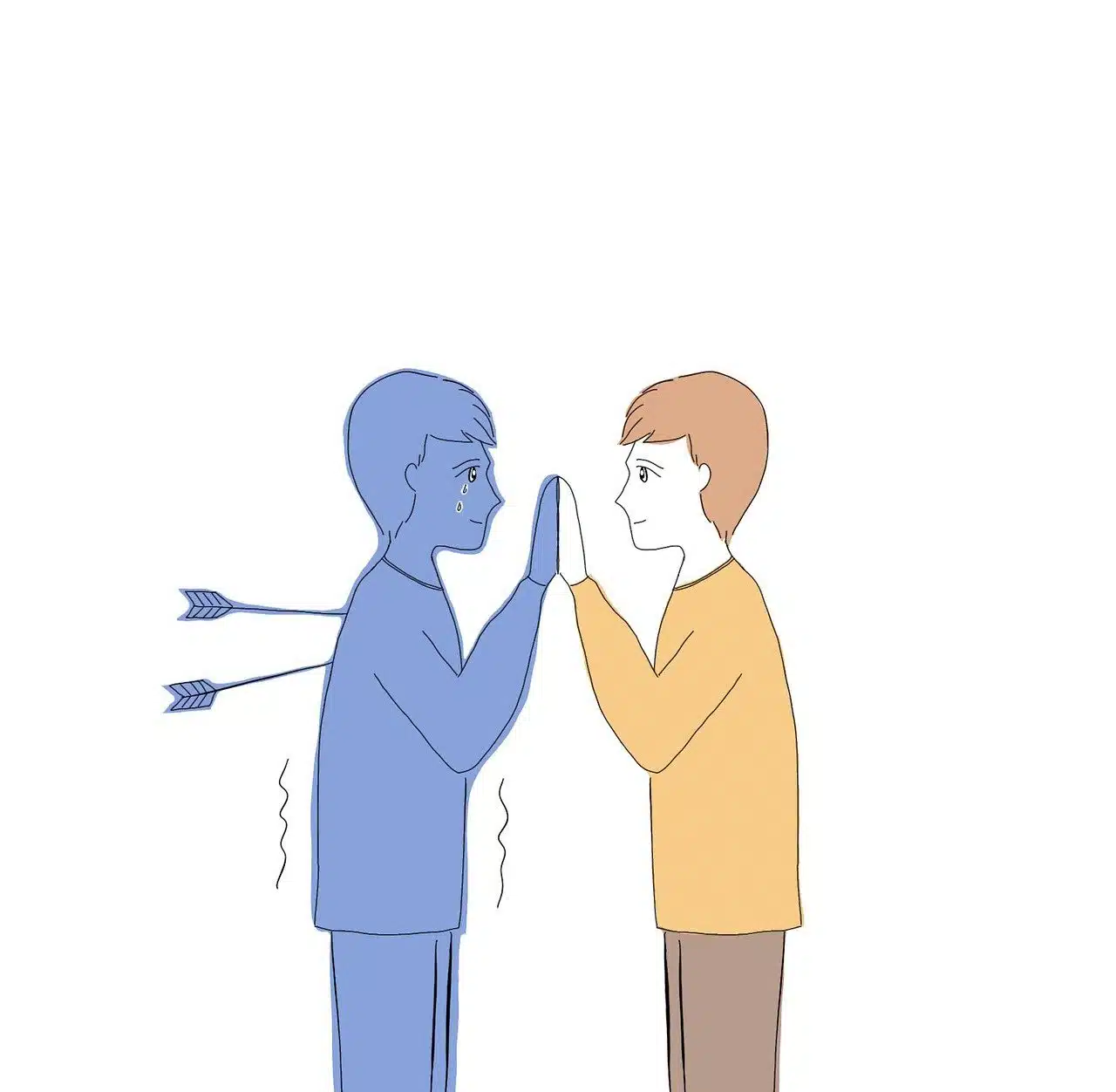
Bad mood and impatience can provoke anger.
Anger is a term of Latin origin that refers to fury and violence . It is a conjunction of negative feelings that generates anger and indignation.
For example: "The striker's gesture aroused the anger of rival supporters" , "The businessman lived a day of anger: first he insulted a passer-by, then he pushed a neighbor and, finally, he hit a police officer" , "The ruling of the referee motivated the anger of the people, who did not hesitate to throw blunt objects onto the field .
Externalization of anger
Psychology recommends externalizing anger in some way, to prevent it from turning into illness. It is important to note that there are various non-violent ways to channel a negative feeling; Activities as healthy as playing sports or as enriching as studying music and playing an instrument represent some of the most appropriate decisions to turn anger into something positive .
Since this is an internal issue, each person's view of anger is potentially different, regardless of the official definition that psychology has given it. Likewise, the triggers for this sensation and the ways in which they react to its appearance vary from individual to individual. In general, anger is closely linked to frustration , since it arises as a combustion when faced with the impossibility of solving something.

To avoid anger, you must work on emotional intelligence.
From the temporary to the persistent
We can distinguish, broadly speaking, between a type of anger that persists over time, that appears as a response to a negative event in the past that has not yet been resolved, and another type that is temporary, punctual, provoked by a well-defined conflict and that takes place in the present. In the first case, it is known that those who have suffered abuse , whether sexual or psychological, during childhood and have not had the opportunity to confront their aggressors, usually present outbreaks of anger and outbursts throughout their lives.
Here frustration comes in again, since the victim feels great anguish at the injustice he experienced and the fact of not being able to change his past , and this becomes a cluster of violence and aggression that he will never be able to unleash against the person or people. responsible for your pain, which is why the explosion will take place almost cyclically year after year. This does not mean that this accumulated anger cannot be channeled and channeled in a way that is not harmful to the subject.

Acceptance and forgiveness sometimes help to let go of anger.
Expression and treatment of anger
There are many emotions associated with anger. Anger , resentment , exasperation , resentment , thirst for revenge and of course hatred are often expressed in violent ways.
Those who have anger cannot control their violent impulse. This anger resulting from irritation leads to hostility or confrontation , which can develop as a shouting match with insults, a fist fight or more serious confrontations with the use of weapons.
It is important, therefore, to avoid bursting . Those feelings linked to humiliation, offense, rejection or sadness in general must be worked on with the help of a psychologist through therapy , leaving aside denial and undergoing the duels that are necessary. The goal is that anger does not lead to acting with desperation and fury.
Treatment may include medication if indicated by a psychiatric professional. In any case, anger can be combated with relaxation techniques , deep breathing exercises, yoga or meditation, to name a few possibilities.
The view of Catholicism
For Catholicism, anger is one of the seven deadly sins . This anger can manifest itself against oneself (through suicide or self-flagellation) or against others (reflected in confrontations, attacks, beatings or even murders). In both cases, it is punishable by religious precepts.
Given the close relationship that music and religion had centuries ago, it is not surprising that the word anger is part of so many masterpieces by composers such as Antonio Vivaldi or Georg Friedrich Händel . In this case, various tools are used to express it, such as an increase in speed and intensity , and passages full of ornaments and jumps that touch the high and low limits of each instrument in "violent" and unexpected ways.
Other considerations about anger
Some specialists say that anger can arise from a genetic or biological predisposition. It is known that fatigue, hormonal changes, sexual problems, depression and hunger influence reactions that manifest anger and anger.
It should be noted that, in a symbolic sense, anger can transcend human emotions. In this way, nature can "express" anger through violent phenomena: "Nature's wrath was unleashed with a storm that caused waves more than 10 meters high," "It took the firefighters more than ten hours appease the wrath of the fire.
